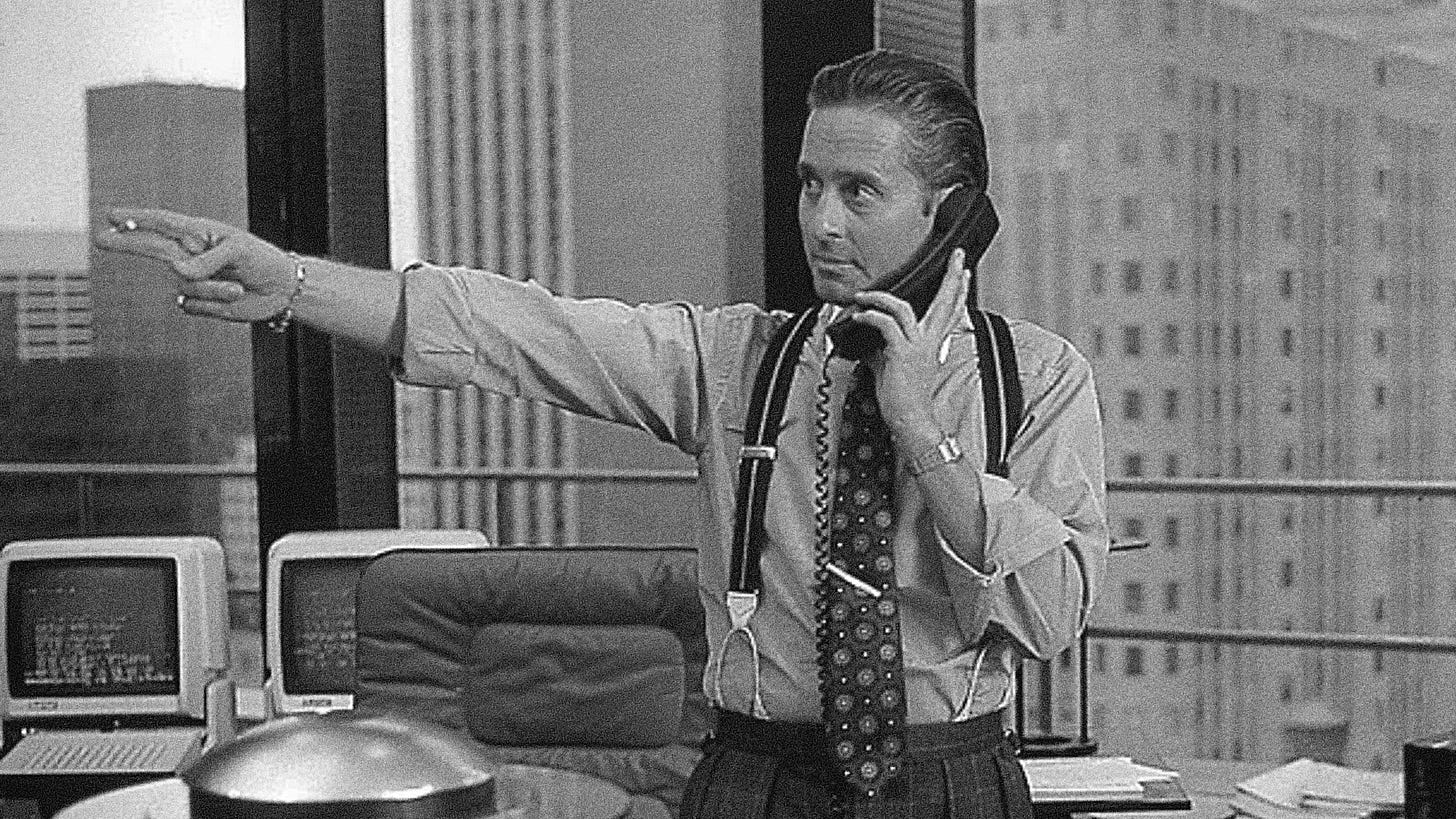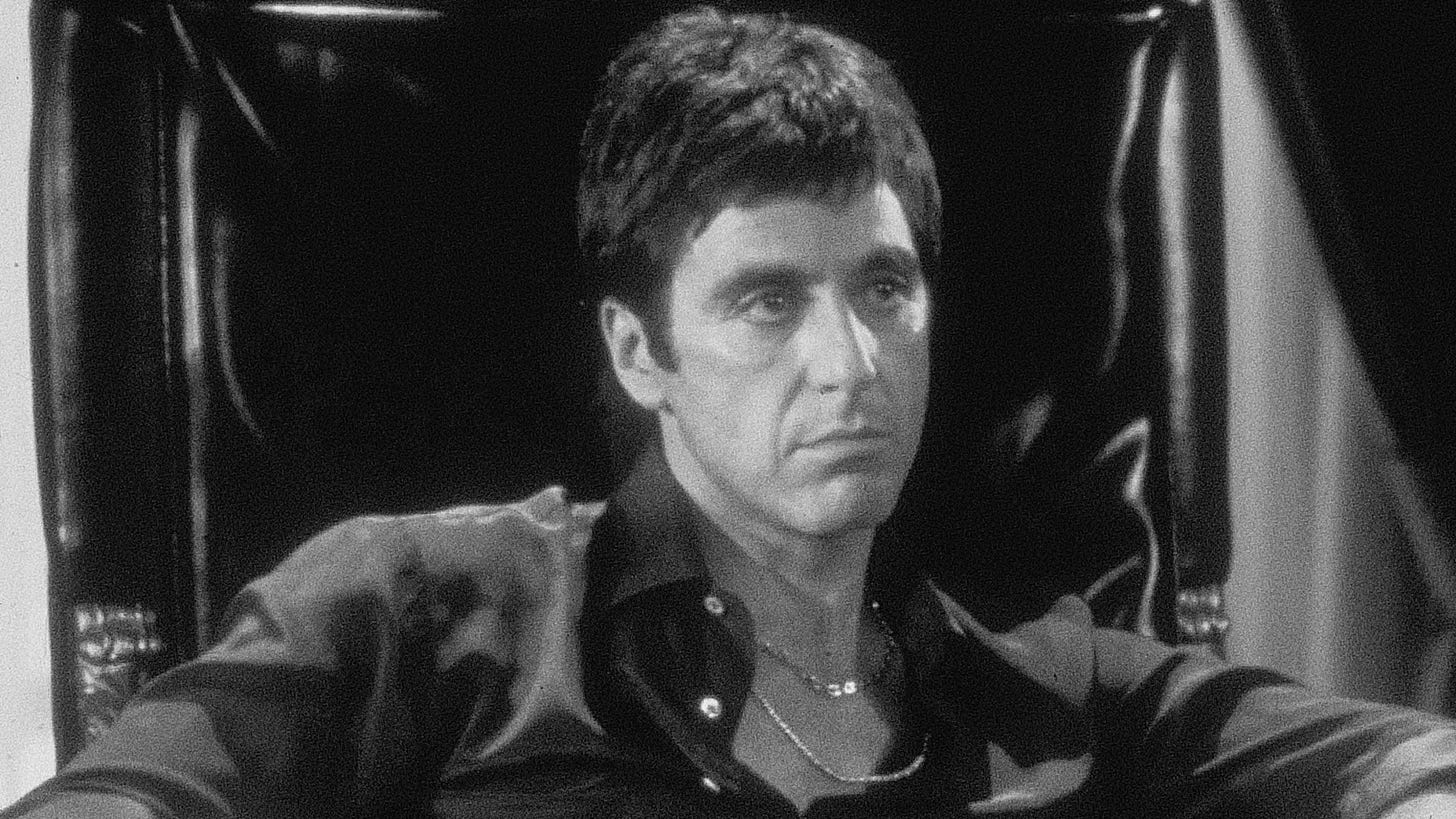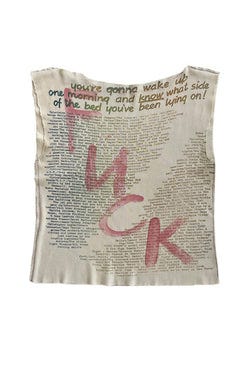Challenger status accepted
On the rise of "Dark Mode" and the opportunity it offers to stand out from the new establishment.
The Sex Pistols swearing on Bill Grundy’s Today programme. The Prodigy’s Firestarter video on Top of the Pops. This Pot Noodle advert:
What have they all got in common?
All three sparked complaints from the Great British public.
The Pistols dropped the f-bomb (among other things) on tea time TV, sparking a media frenzy, getting them banned from nearly every venue in the UK and cementing their furiously filthy mythology.
I’m not entirely sure why Firestarter got people hot under the collar (pun intended) - maybe worries that it might encourage arson?
The Pot Noodle ad is easier to understand - people thought it was gross. I loved it, and Pot Noodles have been back in my online shopping basket ever since.
I wonder what it says about popular culture that it’s arguably more likely that an advert will generate way more pearl-clutching these days than music. Stormzy at the Brits was probably the last moment I can recall when an artist terrified people’s parents.
I also wonder if the Sex Pistols swearing incident happened now, would it be as shocking as it was in the 70s? In an era where the media dedicates endless column inches to a bona fide white supremacist and where Kanye tweets images of swastikas, a spot of swearing would likely be small fry (especially since almost all talk shows are now post-watershed/optimised for YouTube).
Perhaps we’ve also become desensitized to people thinking and acting with zero filter. A couple of weeks ago, Jemima Kelly in the FT summed up the current cultural milieu by calling it the ‘mask-off’ era.
“Saying what you actually think - or at least being seen to - is cool now; sticking to a prescribed social etiquette about what you can and can’t say is not.”
The mask-off era is just one aspect of a change that cultural commentators have rushed to define. Sean Monahan calls it the “boom boom aesthetic”, which has been simplified into an 80s throwback vibe. Ostentatious displays of wealth, conspicuous consumption and an ultra-competitive win-at-all-costs mentality.
The return of those 80s tropes starkly contrasts the cultural principles which dominated much of the period after the 2007 financial crisis. Writing in
’s excellent Substack, Edmund Lao calls this “Light Mode”.Light Mode called for masking “wealth and power under the veneer of something else.” That veneer often “manifested itself in performance of relatability and authenticity”. Think celebrities doing “real” things on their social channels, or think virtuous luxury or the humanisation of brands, with “friendly language, warm pastel tones of millennial D2C”.
But the veneer Lao speaks of finally cracked for good in the US in 2025, having been under pressure since the pandemic turned our world upside down. And if it was Light Mode that characterised the 2010s, it follows that we now have Dark Mode to represent the spirit of our times.
Lao typifies this 2020s Dark Mode via two significant characteristics. Firstly, we see “an abandonment of virtue”, an attitude typified by the Trump-ian, Johnson-ian refusal to play by the supposed rules. It’s an extension of that performance of “authenticity” (as an old client said to me once, surely one of the most over-used and under-proved words in comms).
Be true to yourself and your ideas. Don’t get a 9-5 job just because society says you should. Go crypto, go meme coin, go NFT - go anything that means you can make a quick buck and ignore the consequences.
Alongside the abandonment of virtue, Lao also highlights “an embrace of vice”. And the vice here is “the rise of supervillain inspirations of public media” (always men). Think unironic celebration and idolisation of Tony Montana, Jordan Belfort, and the pure capitalist side of Don Draper.
The embrace of vice links directly to the idea of going “mask-off”. Going mask-off makes it acceptable to say what you’re thinking without worrying about the potential backlash. The backlash is the point. There’s political and cultural clout to be found by saying the quiet part out loud.
As Lao points out, Mark Zuckerberg is a good example of someone who is embracing the mask-off era. We were shook by his “embracing free expression” video, and many people predicted significant change and dire consequences. But the reality is that very little has changed, very few advertisers have (publicly at least) walked away. The mask is off about what Meta platforms exist for, and no one cares.
We can see the effects of Dark Mode in action across the corporate world, too - mainly in the US, but of course, the American noise echoes significantly across our culture. Many big companies have publicly abandoned virtue, going mask-off with their DEI promises and programs. If those initiatives felt flimsy and paper-thin, it’s because they were. Bill Bernbach (founder of ad agency DDB) famously said, "A principle is not a principle until it costs you money”. Threatened with genuine cost, a number of companies have shown where their priorities lie - and that some principles are just words on a website.
And if the concept of Dark Mode leaves you feeling hopeless and bereft, you’re not alone. But it’s always worth remembering that America is not the world. Yes, the noise of those men (again, always men) dominates the media and floods our zones. But we don’t have to listen. We can tune them out and deny them the oxygen of discussion they desperately crave.
It’s also worth noting that, as anyone who’s ever been through the pain of a repitch knows, being the incumbent is much tougher than being the challenger. The major voices of Dark Mode gained much of their cultural clout through a distinctive anti-establishment stance. They’re now the establishment. Conservative, right-wing views dominate our feeds and the news agenda.
There’s an opportunity for brands and businesses that believe in principles and virtues to position themselves as the resistance to Dark Mode. And in doing so, you could see a bright wave of creativity coming over the horizon to bring such stances to life.
But that wave of creativity must be powered by bravery - having the bravery to take a mask-off stance that promotes positive change in the world. Deliberately designing campaigns and stories to rile up the currently ascendant cultural narrative. I’ve long believed more companies should do a “Gregg’s vegan sausage roll” campaign designed for one goal - annoying the GB News crowd.
In the same way that many companies have had to get comfortable with increased negativity when commenting on socio-political topics in recent years, the advent of Dark Mode means it’s time to also get comfortable disagreeing with some of the prevailing vibes we see out there in popular culture.
For many years, brands and businesses lacking a point of distinctiveness or an opinion struggle to get any cut through - being for everyone means you’re for no one. In an increasingly polarised world, there may not even BE an ‘everyone’ to appeal to. Another long-term trend over the past 15 years has been the decline of consensus (or at least the decline of the illusion of consensus). When everyone’s mask is off, and we’re all saying the quiet part out loud, there may be no choice but to pick a side.
It reminds me again of the Sex Pistols and the cultural milieu surrounding punk. One of Malcolm McLaren and Vivienne Westwood’s signature t-shirts from their shop, Sex, listed the cultural touchpoints the couple deemed “good” and “bad”. The t-shirt proclaimed, “You’re gonna wake up one morning and know what side of the bed you’ve been lying on!”
Vibe shifts aren’t permanent. Notions, beliefs and cultural touchpoints change sides imperceptibly. What was once cool shifts into irrelevance. What was once dangerous becomes passe. Johnny Rotten starts out by terrifying the nation, then ends up doing Anchor Butter adverts. The trick is to get behind the noise and identify the most salient bits of information.




